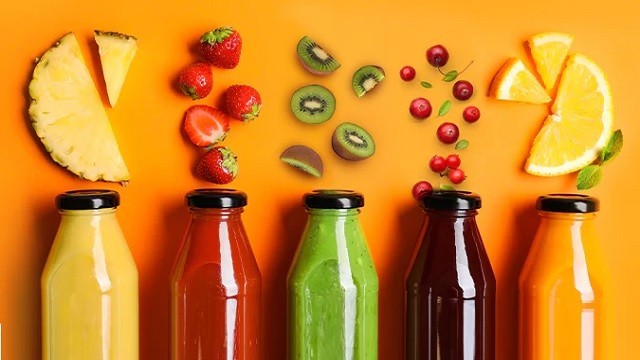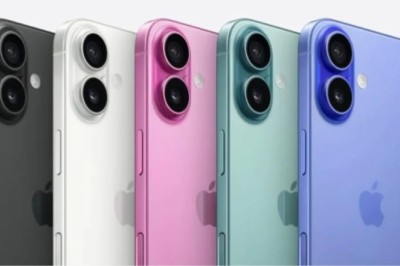Forget Sodas: Even Fruit Juices May Increase Stroke Risk, According to a Study
Recent research has revealed that frequent consumption of fruit juice could be linked to a heightened risk of stroke. Published in the Journal of Stroke, the study indicates that juicing fruits releases sugars rapidly, resulting in swift spikes in blood sugar and insulin levels. This can trigger inflammation in blood vessels, ultimately leading to serious health issues like strokes.
While sodas and sugary beverages have long been criticized for their detrimental health effects—including heart disease and strokes—fruit juices are also under scrutiny. The study suggests that drinking fruit juices raises the risk of stroke by 22%. Experts from the University of Galway, McMaster University in Canada, and an international team of stroke specialists found that consuming fruit juice two to three times a day can double this risk. The researchers noted that fruit juices are "nothing more than just sugar syrups with no nutritional value," which can elevate stroke risk by as much as 37%, with women being particularly vulnerable.
Additionally, the study highlights that consuming more than four cups of coffee daily can also increase the risk of stroke.
How Do Fruit Juices Increase Stroke Risk?
Experts point to a significant downside of drinking fruit juices: their lack of fiber, which is essential for digestive health. The process of juicing removes the fiber content, causing sugar to be absorbed quickly and leading to elevated blood sugar and insulin levels. This rapid sugar intake can overstimulate the nervous system, placing stress on blood vessels and increasing the risk of serious conditions, including stroke.
Professor Andrew Smyth, the lead researcher and a Professor of Clinical Epidemiology at the University of Galway, warns that not all fruit drinks are equally harmful. While freshly squeezed juices may offer some health benefits, commercially available fruit drinks made from concentrates and loaded with added sugars and preservatives can be detrimental. The study also found that the frequency of fizzy drink consumption correlates with increased stroke risk.
To counteract these risks, health professionals recommend increasing water intake—aiming for seven to eight glasses daily—as a means of hydration. Professor Smyth emphasizes, "As a doctor and researcher in stroke risk, I encourage individuals to minimize their consumption of fizzy and fruit drinks and consider switching to water instead."
Study Overview
Researchers examined the link between fizzy drinks, fruit juice consumption, and stroke risk. They discovered that the connection between fruit juice and stroke risk was most pronounced in regions such as Eastern and Central Europe, the Middle East, Africa, and South America. Many products marketed as fruit juice are made from concentrates and contain added sugars and preservatives, negating the benefits typically associated with fresh fruit.
The findings also revealed that women are at a higher risk of stroke linked to fruit juices and drinks.
Understanding Stroke
A stroke occurs when blood flow to a part of the brain is interrupted, causing damage to brain cells. There are two main types of stroke: ischemic strokes, which are often caused by blood clots, and intracerebral hemorrhages, which result in bleeding within brain tissue.
The Interstroke study, one of the largest global investigations into stroke risk factors, involved nearly 27,000 participants across 27 countries, including about 13,500 individuals who experienced their first stroke.
In light of these findings, it's essential to reconsider beverage choices and prioritize healthier alternatives to protect long-term health.











